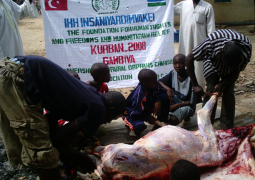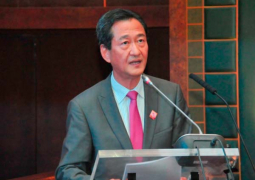There is an absolute necessity to be sensitive to the plight and needs of the rural people.
Rural people in this country continue to live under terrible conditions, with limited or no access to major essential services, and development generally.
Many rural communities lack essential services like adequate and a constant supply of potable water, electricity, good roads and public transport services.
For many of them, they have come to feel that essential services such as electricity are just meant for the city settlers, simply because they have no hope of having electricity in their areas, at least for now.
Travelling from Mandinaba in the West Coast Region to Fatoto in the Upper River Region on the South Bank trunk road, as well as moving from Essau in the North Bank Region to Pasamas in Wuli, you see the real picture of the country whereby our people live inhardship, and yet we are being told that the economy is doing well. What an irony?
Bad and poor road networks are things that many rural communities and people upcountry are now used to.
Ever since the declaration of the last farming season as a failure, most of the poor affected are farmers who have received absolutely nothing or very little support, so far.
However, despite their crops not doing well last year, the poor farmers were not exempted from paying tax, and yet they are not receiving the rewards of their contribution to the national coffers.
We must be very sensitive to the needs of our poor farmers, who are the main contributors to our GDP and foreign exchange earnings.
As a developing country, we must prioritise the spending of our meager resources to better the lot of our many people who are still living in poverty.
We must improve our governance processes, if we want to have a more sustainable development benefiting all Gambians and non-Gambians living in the country.
We are calling on the authorities to create a department or agency to work with local councils on rural planning and development.
Neglecting the needs of our rural people would only create more problems, and accelerate the country’s high rate of urbanization.
Read Other Articles In Article (Archive)




